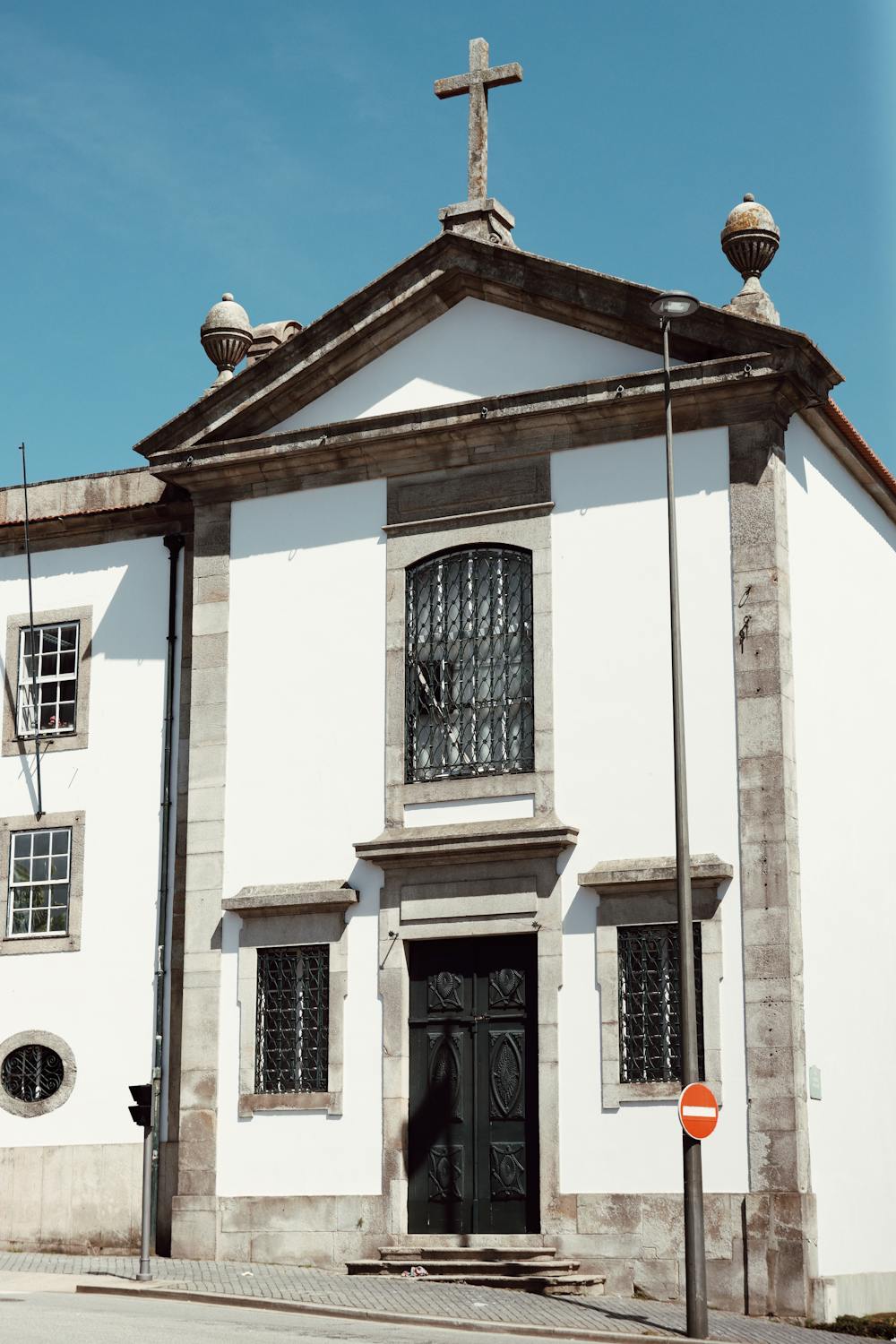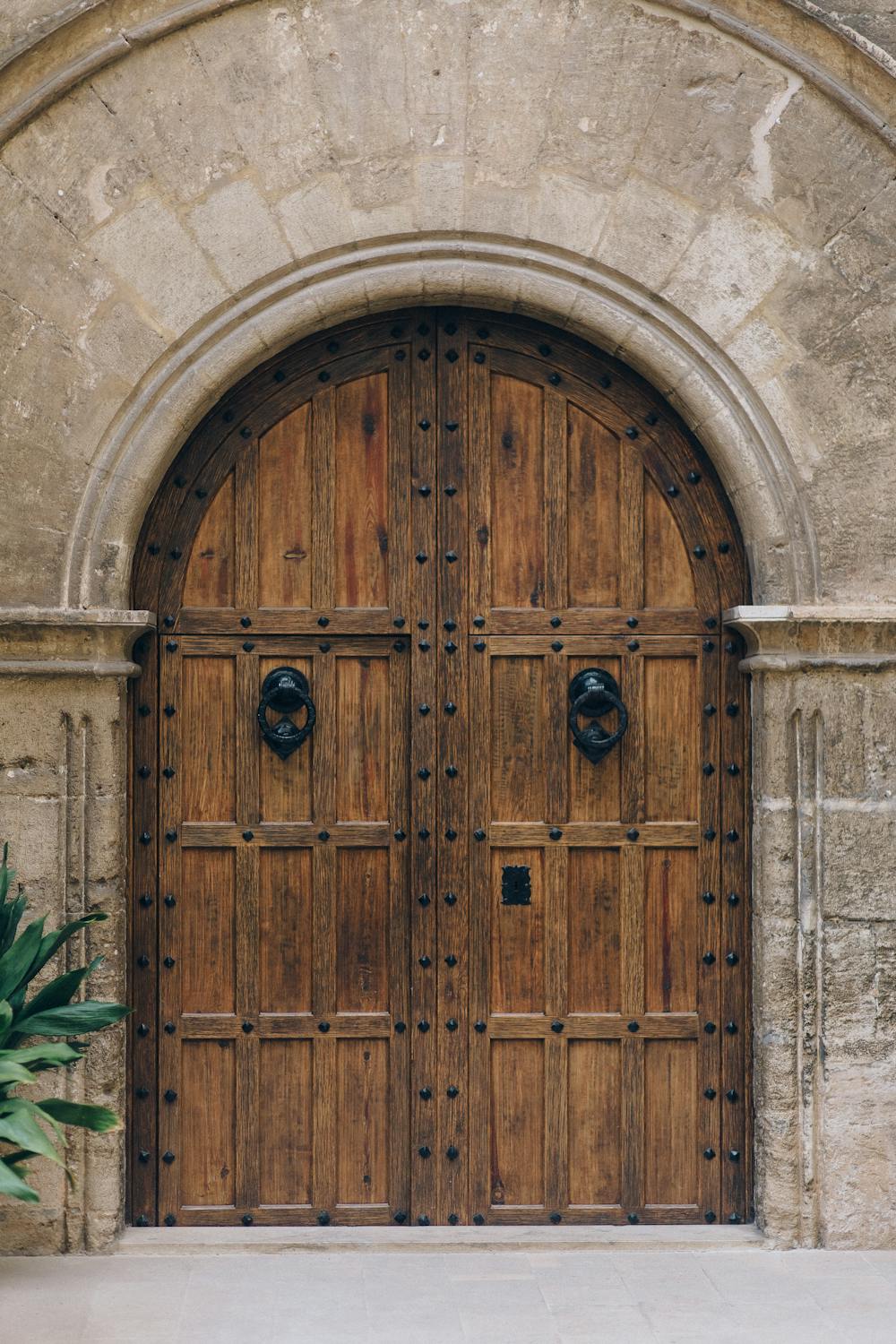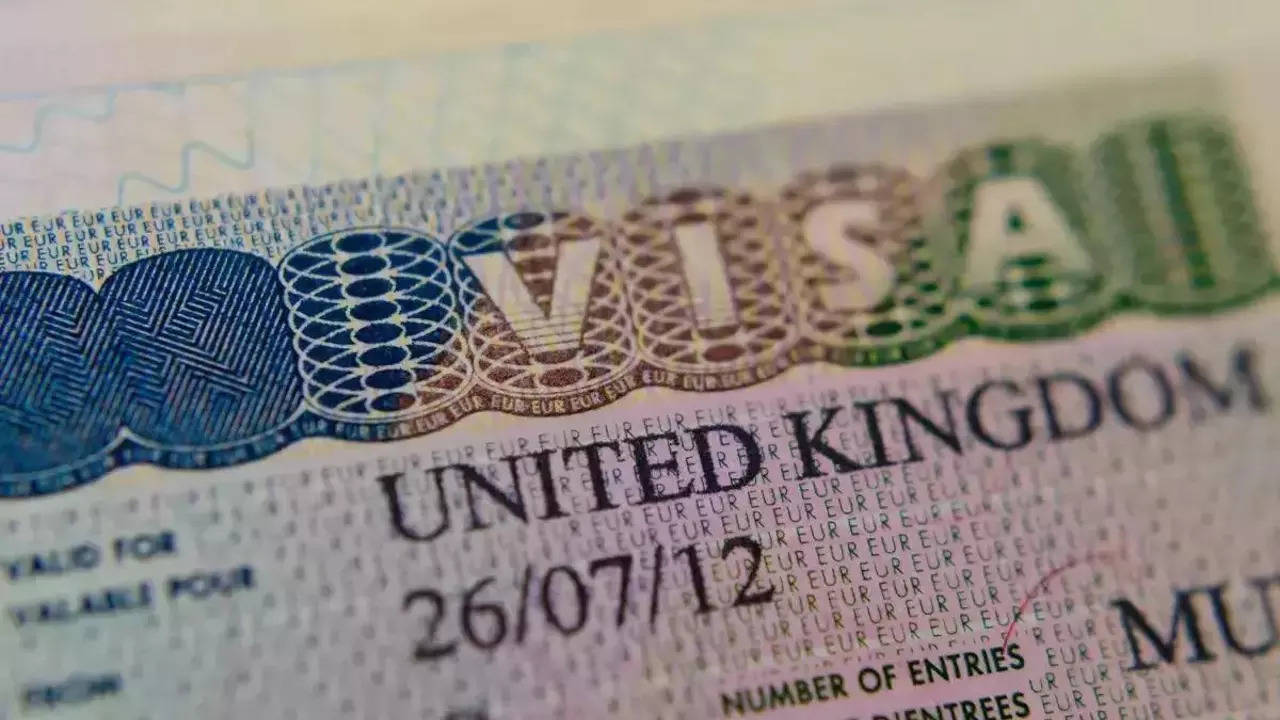Legal team backs US review of Indigenous boarding educational facilities
ALBUQUERQUE, N.M. (AP) — The American Bar Association’s policymaking system has voted in favor of a resolution supporting the U.S. Interior Department as it will work to uncover the troubled legacy of federal boarding educational facilities that sought to assimilate Indigenous youth into white society.
The resolution, adopted Monday by delegates at the bar association’s once-a-year assembly, phone calls for the Biden administration and Congress to fully fund the initiative and offer subpoena ability to the Inside Section as it gathers and opinions reams of documents related to the schools.
The evaluate also supports legislation that would produce a federal fee to examine and document all elements of the boarding university system in the U.S., such as issuing reports concerning the root causes of human rights abuses at the faculties and to make suggestions to stop upcoming atrocities.
“Putting a light on what is taking place listed here is so significant due to the fact we know that if we do not understand from this historical past, we are doomed to repeat it,” Mark Schickman, a San Francisco-based lawyer who serves as a unique adviser with the bar affiliation, mentioned as he launched the resolution.
Inside Secretary Deb Haaland, a member of Laguna Pueblo in New Mexico and the initial Indigenous American to direct a Cabinet agency, introduced the boarding faculty initiative pursuing information that hundreds of bodies had been becoming found on the grounds of previous residential universities for Indigenous small children in Canada.
Professionals say the initiative will be difficult mainly because data are scattered across jurisdictions — from the bowels of college archives to authorities workplaces, churches, museums and personalized collections.
“The division is compiling many years of information and information to commence a proper evaluation that will enable us to organize documents, determine readily available and missing info, and ensure that our data system is standardized,” stated Melissa Schwartz, a spokeswoman for the Interior Office.
The company also is creating a framework for how it will associate with exterior organizations to guideline the upcoming steps of the assessment.
Consultations with tribes are anticipated to get started in late fall. Schwartz stated individuals conversations will be centered on ways to shield and share sensitive details and how to safeguard gravesites and sacred burial traditions.
In the United States, the Indian Civilization Act of 1819 and other rules and procedures have been enacted to build and assist Native American boarding educational institutions nationwide. For around 150 a long time, Indigenous youngsters ended up taken from their communities and pressured into boarding faculties that concentrated on assimilation.
The discoveries in Canada and the renewed highlight in the U.S. have stirred sturdy emotions amongst tribal communities, like grief, anger, reflection and a deep desire for healing.
Patricia Lee Refo, president of the American Bar Association, stated the resolution adopted Monday was born from her go to to the Navajo Nation in June. She achieved with tribal President Jonathan Nez, the speaker of the tribal council and the all-woman Navajo Nation Supreme Courtroom.
Nez has claimed the troubling historical past of Indigenous boarding educational institutions deserves far more focus to teach folks about the atrocities seasoned by Native Americans and the intergenerational effects of the boarding university knowledge.
The Indigenous American Bar Association past yr adopted a resolution calling on Congress to introduce legislation targeted on reparations for the procedure of American Indians and Alaska Natives.
The resolution adopted Monday by the American Bar Affiliation contains language in assist of laws that would set up the to start with formal fee in U.S. history to investigate, doc and accept past injustices of the federal government’s cultural genocide and assimilation practices by means of its boarding university policy.
Brad Regehr, a member of the Peter Ballantyne Cree Country in Saskatchewan and the first Indigenous man or woman to serve as president of the Canadian Bar Association, spoke Monday at the American Bar Association assembly. Choking up, he reported he and his grandfather ended up survivors of Canada’s household university plan.
Involving the 1880s and 1990s, he claimed 150,000 Indigenous children in his region were forcibly taken out from their households and positioned in educational facilities much from house. As many as 25,000 little ones, which includes toddlers, hardly ever returned, he claimed.
Regehr talked about the phone calls to motion crafted adhering to approximately a ten years of function by Canada’s reality and reconciliation fee and the ongoing discoveries of children’s stays.
“That has hit me tricky, and it hits and it proceeds to strike many Indigenous people hard,” he mentioned, “but it is also strike many Canadians tricky for the initial time at any time.”








